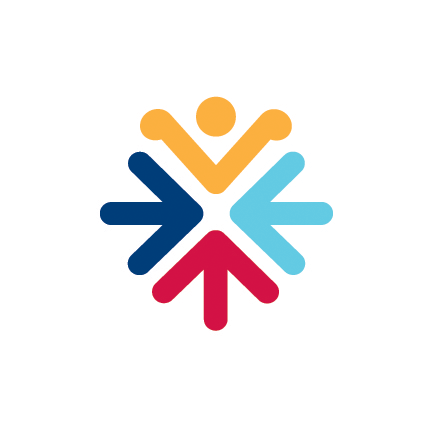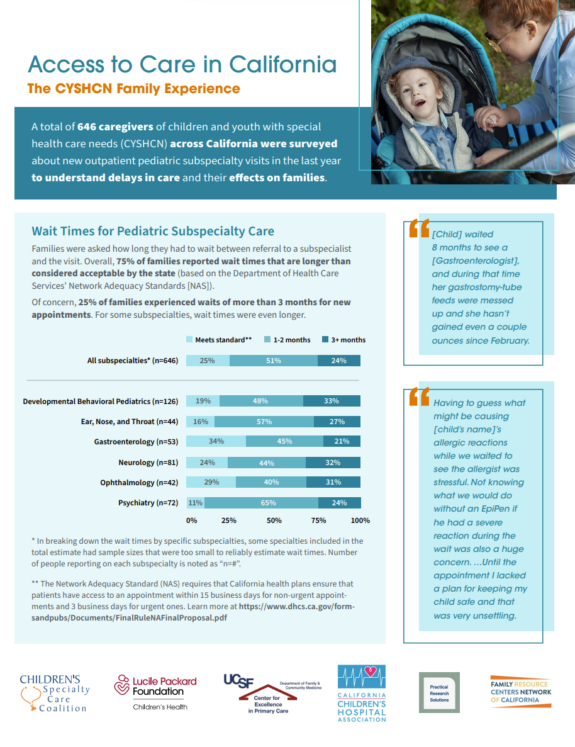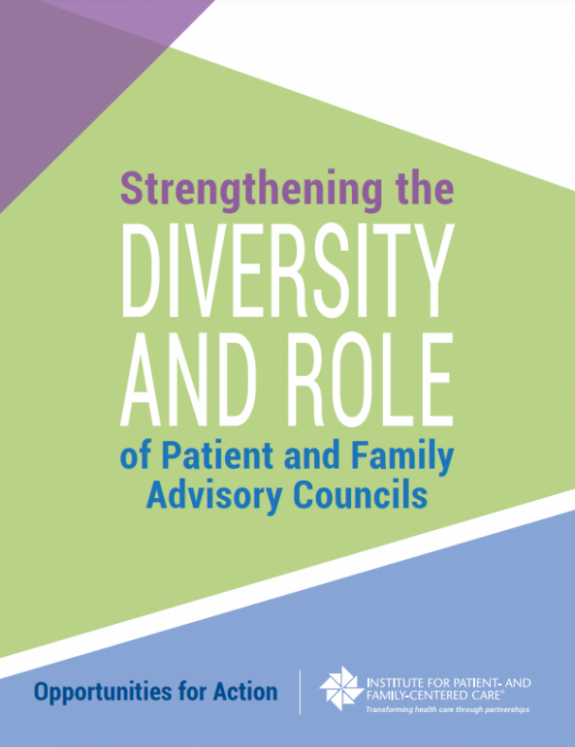Families of CSHCN are the experts on their children’s care and on how systems and services could function more effectively to meet their needs. However, many family members lack the skills, confidence, and support to pursue advocacy and leadership roles within the health care system.
That’s beginning to change in California. With a grant from the Lucile Packard Foundation for Children’s Health, Family Voices of California has built a strong, statewide learning community through a parent advocacy training program, Project Leadership, that assists family members of CSHCN to become advocates for health care policy and service improvements.
Project Leadership trainees develop the skills and tools necessary to partner at all levels of decision making and engage in public policy activities. They are provided with ongoing mentoring and support as they pursue advocacy and leadership roles throughout the training program, and also after graduation. Since the Project’s 2013 inception 185 family members of diverse racial, ethnic, socioeconomic, and linguistic backgrounds from across the state have graduated, with additional trainings in English and Spanish currently in progress.
The training content includes the history of advocacy within the context of the Disability Rights Movement and health care reform. Participants study state systems and laws serving CSHCN, and how the legislative process works. Parents work on improving their communication skills. They develop and practice their stories in ways that translate their personal experiences into systems-wide action.
“I feel so empowered and inspired to take my advocacy work to the next level,” said one graduate. “Project Leadership graciously provided me with the tools and strategies to tailor my story to a specific issue and to be an effective communicator using a balance of emotion and objectivity.”
Graduates currently represent parents of CSHCN on decision-making and advisory groups at the local, regional, and state levels. A 2017 survey of Project Leadership graduates that tracked their activities indicated that more than 74% of respondents have participated on a group related to CSHCN or disabilities. State level groups include the Medi-Cal Children’s Health Advisory Panel and the California Children’s Services Advisory Group. At the local and regional level, family members are bringing the family perspective to hospital advisory committees, health plan advisory groups, Help Me Grow councils, State Council on Developmental Disabilities, County Mental Health Advisory Groups, California Children’s Services Family-Centered Care Committees, special education groups, and more.
Though achieving policy and systems change is a process that often requires years of advocacy work, respondents to the graduate survey offered some encouragement, noting that policy or systems change had been observed in 34% of the groups they were involved with, and was under consideration in 23%. In 28% of the groups, no change was reported, but decision-makers indicated a “greater understanding, and estimated that change may be possible in the future.” Fifteen percent of respondents reported no change while serving on a group.
In other promising results, 63% of the survey respondents reported having contact with their state legislators since participating in the training. Eighty-four percent of those made contact multiple times per year, on average. Other graduates are providing testimony at state hearings and participating in statewide stakeholder groups for CSHCN.
“Project Leadership training has allowed me to further build my confidence as an advocate,” one graduate said. “I have progressively taken on the role as an advocate for [my daughter’s] special health care needs but always felt ‘stuck’ when it came to further advancing. This training has given me the tools, information, and necessary leadership skills to further my advocacy voice for my daughter and other families.”
According to the survey, 10 family members have been interviewed by media outlets to share the parent perspective on various issues such as health care access, early developmental screening, health care reform, special education programs, and the state’s plan to transfer some CSHCN into Medi-Cal managed care.
A number of graduates have taken their leadership skills to the level of employment within the field of CSHCN. Some are working in local Family Resource Centers or children’s hospitals in family support roles. One graduate is in the process of applying for a position in the mayor’s office in her city. Another has entered law school with the goal of becoming a legal advocate for disability rights.
Through email, social media, webinars, and in-person alumni gatherings, Family Voices of California staff keep graduates updated on current policy issues and informed on opportunities for involvement. At a recent Northern California alumni luncheon, Oakland Mayor Libby Schaaf (see photo above) discussed the value of participating on local and regional boards, committees, and commissions to bring children’s health care issues to the forefront. Mayor Schaaf urged parents to continue their advocacy work, affirming that “many voices together are more effective than one.”
Program sustainability has been enhanced by a training-of-trainers component offered to staff members of organizations and agencies serving CSHCN. Family Voices of California has trained 70 facilitators from 36 agencies and organizations in 20 California counties as well as in Hawaii, Oregon, and Montana.
Project Leadership Training Manager Elaine Linn is working on expanding the training program to reach all areas of the state. She says she is encouraged by the current momentum of increased interest in family engagement:
“Authentic family involvement with community, provider, and government organizations is shifting perceptions about the value of engaging with families and creating new opportunities for health systems change that can universally improve health care experiences.”
For more information about Family Voices of California, the Project Leadership curriculum, highlights of graduate activities, opportunities for parent involvement, and training locations, visit familyvoicesofca.org/project-leadership



